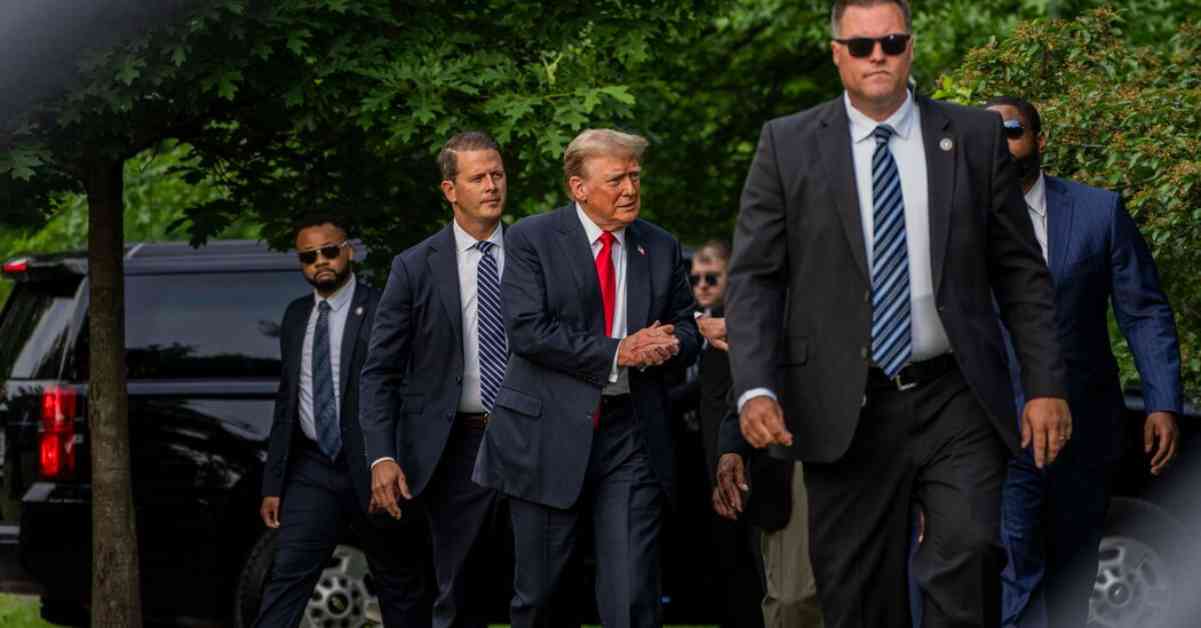The recent Supreme Court ruling on presidential immunity has significant implications for the ongoing prosecution of Donald J. Trump in Georgia. However, the case is facing delays as the Georgia Court of Appeals considers whether to disqualify the district attorney leading the prosecution, Fani T. Willis.
Judge Scott McAfee of Fulton County Superior Court previously allowed Ms. Willis to continue with the case despite revelations of a romantic relationship with the lawyer managing it. The appeal of this ruling could take several months, potentially pushing the final decision on Ms. Willis’s involvement to early next year.
Once the issue of Ms. Willis’s disqualification is resolved, the Supreme Court’s decision regarding presidential immunity will play a crucial role in the Georgia case. Judge McAfee will need to determine which of the alleged actions by Mr. Trump constitute official conduct and which are unofficial, based on the new guidelines set by the Supreme Court. A federal judge, Tanya S. Chutkan, will also need to make similar distinctions in a parallel federal election interference case.
The Georgia indictment, issued in August, accuses Mr. Trump and his associates of conspiring to overturn his election loss in the state by obstructing the election process. The defendants are alleged to have engaged in various activities, such as deceiving the Georgia State Legislature about voter fraud and creating false pro-Trump electors.
As the legal proceedings unfold, the clarification of what constitutes official conduct for a president will be a critical factor in determining the outcome of the case. The complexity of the issues at hand and the legal implications of the Supreme Court’s ruling are likely to shape the direction of the prosecution against Mr. Trump and his allies in Georgia.
The delays caused by the appeal process and the need to interpret the Supreme Court’s ruling add further complexity to an already intricate legal battle. The ultimate decision on presidential immunity and its application to the case in Georgia will have far-reaching consequences for the future of the prosecution and the broader implications for presidential accountability in the legal system.
The evolving nature of the case underscores the importance of legal precedent and the intricacies of navigating complex legal issues in high-profile prosecutions. As the legal teams on both sides continue to argue their positions, the outcome of the Georgia case remains uncertain, pending further judicial decisions and interpretations of the law.





















